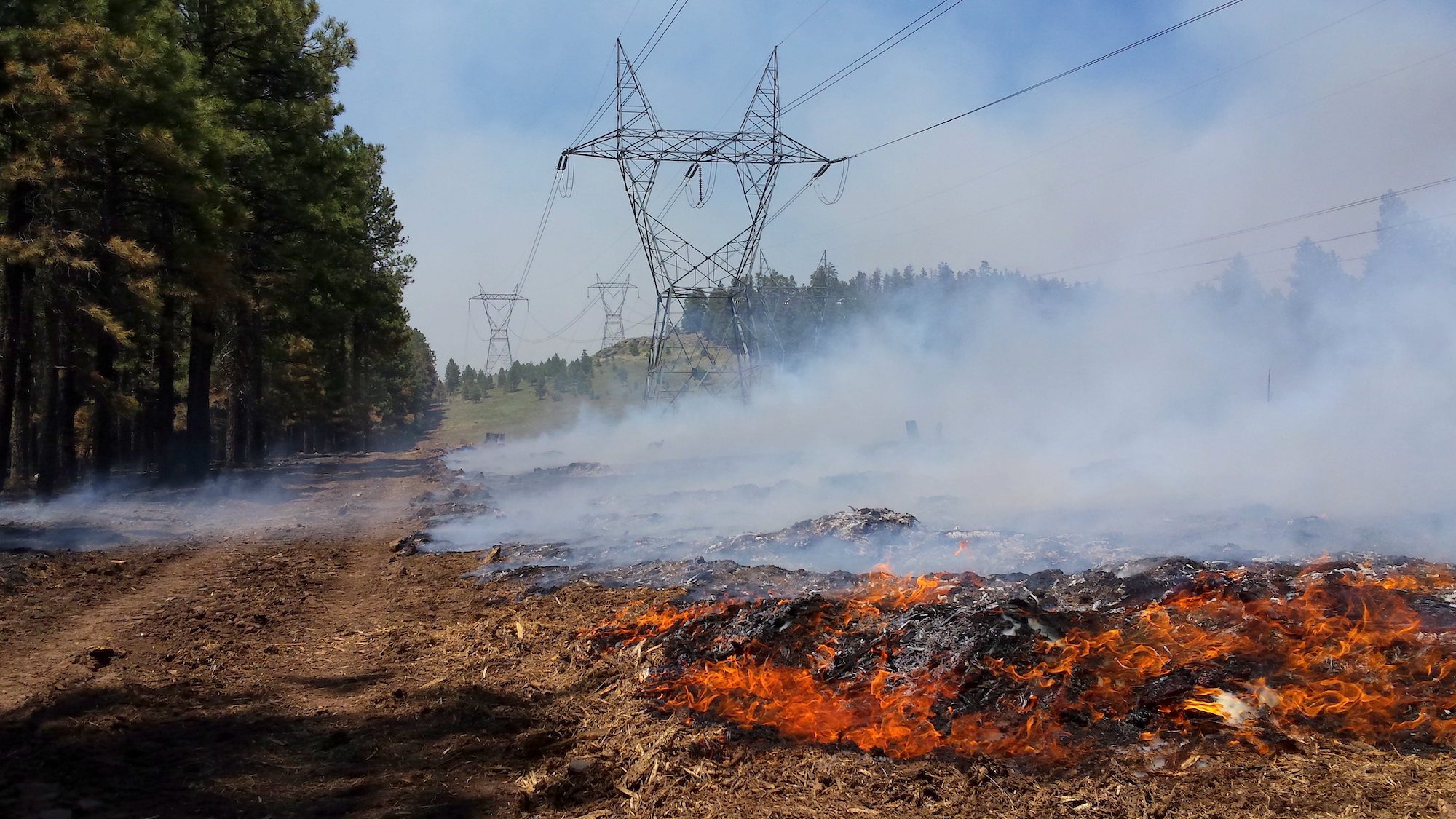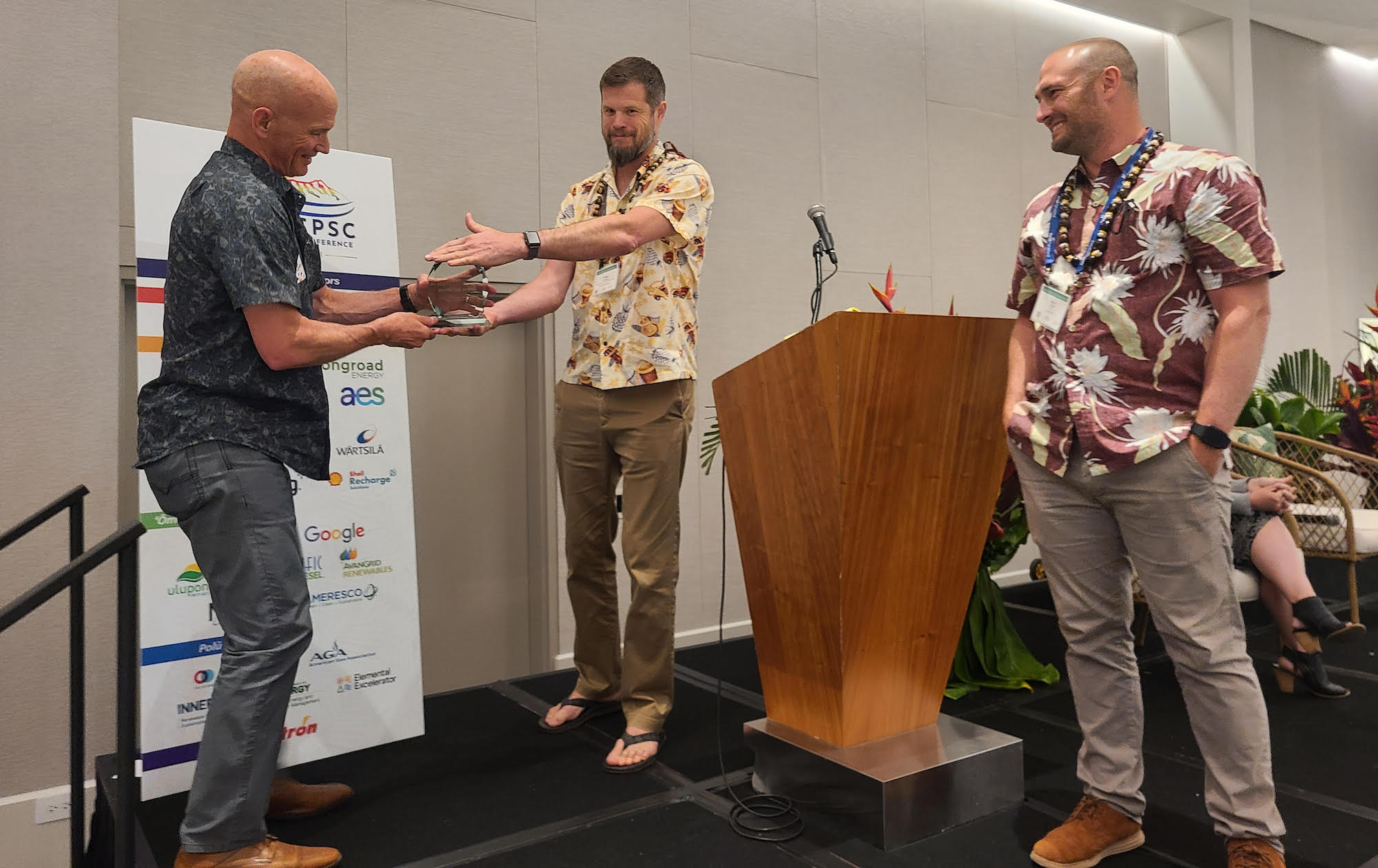by Bryce Yonker, Executive Director, Grid Forward
We have talked with nearly half of our members one-to-one in the days since the COVID-19 virus has really shut down work as usual. While each organization is in various places to adjust to these new dynamics, we thought we could share a few general observations about emerging practices that may help us all maintain and maybe improve operations.
Remote Working Works
First we are very proud of the utility members here and their speedy response to the pandemic. I don’t believe that a rapidly spreading virus was really top of mind for most of their continuity planning, but they have been able to initiate long thought out and planned for operational contingencies in fast order. There has been very rapid remote work adjustments at all the utilities we have talked with. The program, strategic, project, finance and policy people who are certainly necessary to these organizations have rather seamlessly begun working on a remote basis, so the most ‘essential’ of staff that are controlling grid operations and trading energy are able to work on site as safely as possible. Our tech and service provider stakeholders were a bit more accustomed to working remotely and for the most part this is working well. However, any organizations that were in residences and businesses installing new modernization equipment have been significantly disrupted.
New Load and Demand Curves Are OK
Also, so far we are generally noticing optimism of the grid operators in being able to keep up with the immediate need of power systems and evolving customer patterns. We will find out new learnings around rather mundane topics like routine maintenance work. With customers at home nearly 24/7, having reliable power at home has never been more important so we will find new lessons around how to schedule and conduct work on our distribution systems. And certainly there will be new load curves and demand shifts with the new ways we are living and working.
We Can Help Customers Get Through This
We are additionally thankful for the commitment to service and community that many of our utility members have extended to their customers by offering flexibility in payment in what will certainly be a difficult time for many people. Many of the solution areas we have been supporting in recent years stand ready to help grid operators work with customers to better manage energy and save money.
We May Need to Support Innovation More
We know this disruption is going to be difficult for us all but our well wishes go out to the earlier stage companies who may have especially difficult times weathering this change. If there are any ways you can continue your projects and partnerships with innovators who are truly bringing next level capabilities to our system, we can’t encourage that enough. The resiliency of our energy system becomes especially important in times like this and the amount of brilliant solutions in the industry has never been stronger.
We’ll Need to Guide Government Action
We are not clear yet what opportunities at the state and federal levels there may be to support grid innovation and modernization. As a community, we must continue to stay in touch with offices and help to guide government actions, including possibly components of the relief package announced by Congress (which currently doesn’t have any section directed toward energy systems). At the same time, we remain hopeful that the good work among local agencies to promote progress on energy systems isn’t sidetracked by all the immediate needs, including likely significant coming economic implications, in dealing with the Coronavirus crisis.
Resiliency Continues to Take on New Meanings
In recent months and years, resiliency efforts have focused on earthquakes, storms and other natural disasters, as well as cyber threats and physical security issues. But a pandemic?! The COVID-19 crisis shows how crucial resiliency is for our energy system, and how interconnected our industry is with other critical infrastructures. Resiliency preparations have helped our industry’s response to this health (and likely financial) disaster. One thing remains clear: how critical energy systems are to our society. We must work together to ensure that our electric grid can be as flexible as possible to meet known and unknown challenges.
Please feel free to reach out to me at any time with your questions and observations.
Bryce Yonker, Executive Director, Grid Forward



